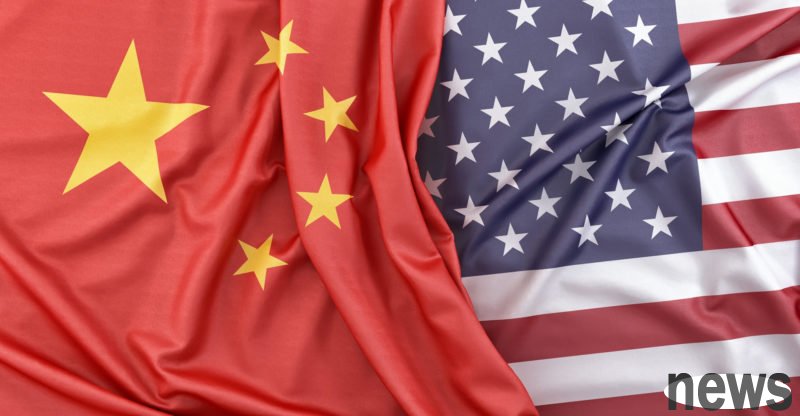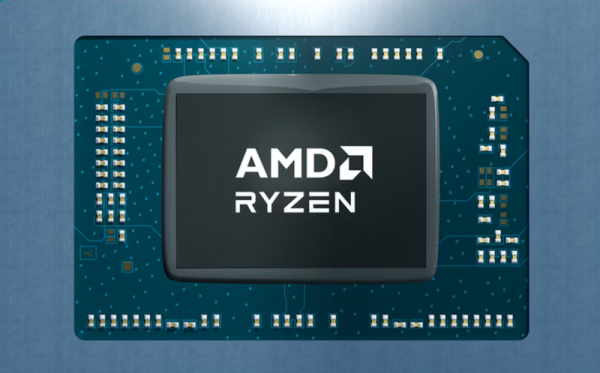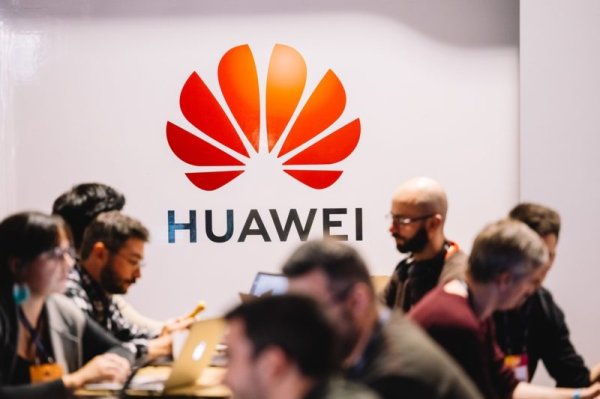Is China the king of supply chains? The United States requires Taiwan, Japan and South Korea to go to the United States to have limited results

Since US President Trump took office at the beginning of this year, Taiwan's leading process semiconductor's dominant position in the global market has become the primary focus of the US government based on economic security. US Secretary of Finance Scott Bessent and Commerce Secretary Howard Lutnick have recently continued to express their potential risks to the United States for advanced process chips that are concentrated in Taiwan's production, and even use the oil ban crisis as a metaphor.
However, Becent's statement that concentrating the oil crisis and advanced processes on production in Taiwan can show the United States' emphasis on economic security, but Taiwan's government relations, trade reconciliation, and national defense cooperation are completely different from Arab countries and the United States, so the two situations cannot be compared.
Chips are as important as oil, but Taiwan is different from Central China.The US government's emphasis on Taiwan's advanced process chip industry, in addition to requiring Taiwanese manufacturers to expand their investment in the United States, many media have also reported that the US hopes to use chip subsidies to invest in Taiwan's power companies, but such reports have been denied by Chairman Wei Zhejia. With the US government's continued high expectations for Taiwan's semiconductor industry to invest in the United States, many people in the country are also worried about whether Taiwan's semiconductor industry will be removed.
To be fair, even if semiconductor industry is as important as oil, the chip manufacturing capacity of Taiwan's semiconductor industry cannot be produced directly. This is because the capabilities of corporate operators, the cultivation of national talents and the R&D investment of related manufacturers can form a cluster economic effect, which should be very different from oil exploration.
It is undeniable that for any country, any important product may have a negative impact on economic security when it is concentrated in a small number or a single country. However, the reason why Taiwan's semiconductor industry may have an impact on the economic security of the United States is that China raises the terrestrial risks in the Taiwan Strait. China raises the political risks in the terrestrials of the Taiwan Strait will not only affect Taiwan, but also affect Japan, South Korea, and the Philippines and Vietnam in the north of Taiwan. The economic security faced by the United States is not the concentration of high-level chips in Taiwan, but the harm caused by China's security threat to the United States' supply chain countries. Therefore, the US government requires Taiwan, Japan and South Korea to invest in the US to strengthen part of the economic security of the United States, the real problem is still China's security threat to the East Asia supply chain.
Advanced production investment in Taiwan and the United States is carried out simultaneouslyAlthough Chairman Wei Zhejia had already explained to the reporters of the President of my country in March this year that Taiwan's current orders are far greater than their existing production capacity, Taiwan's electricity company still has great factory demand in the future, so it will not remove Taiwan's research and development and advanced process technology because of investment in the United States, many people still worry that Taiwan's advanced process semiconductor manufacturers will harm Taiwan's economy if they invest in the United States.
It is worth noting that on the 27th of this month, our my country Science and Technology Administration stated that the second phase of the park will be completed by the end of September, and relevant suppliers have also issued the situation. The 1.4-nanometer new factory of Taiwan Solar Zhongke is expected to be started in October, and the initial estimated total investment will reach 1.2 to 1.5 trillion yuan.
If Taiwan Electric's advanced production semiconductor construction factory is carried out according to the regular planning progress, it will verify that Chairman Wei Zhejia's statement that Taiwan Electric's future construction factory needs will remain quite large. In other words, the domestic investment of our advanced production semiconductor manufacturers has not been reduced due to the need to invest in the United States. Investment in the United States and Taiwan is unchanged, and no semiconductor manufacturers will go to the United States to invest, which will cause the problem of Taiwan's industry being hollowed out.
Finally, from the investment plan of Taiwan's advanced process manufacturers, we can know that Taiwan's current yield at 2 nanometers should be much higher than that of other countries' competitors. In other words, the production cost of Taiwanese manufacturers can be lower than that of other competitors, and the quality is better. With the US brand manufacturers such as NVIDIA, Ultramicro (AMD), Apple and Microsoft, fully developing AI industries, the product quality and factory construction speed of Taiwanese manufacturers should be able to give American brand manufacturers greater trust. This also shows that the production complementarity between Taiwanese manufacturers and American brand manufacturers is quite high, and the cooperation between manufacturers in the two countries will also help improve the production and competition of suppliers.
Extended reading: Understand the importance of the United States in cross-border cooperation on supply chains and economic security from the US-European framework agreement What does Taiwan’s competition have to do with non-nuclear homes? In-depth analysis of the blind spots behind the referendum Due to the impact of taxes related to the tax, the suggestion for NTDs is to lift oil to put out the fire The gap in tax rates related to tax rates is not the only standard for export competition among Taiwan, Japan and South Korea. Whether the tax rate in the United States can be reduced in terms of tax rates, the degree of market opening will be an important influence factor



